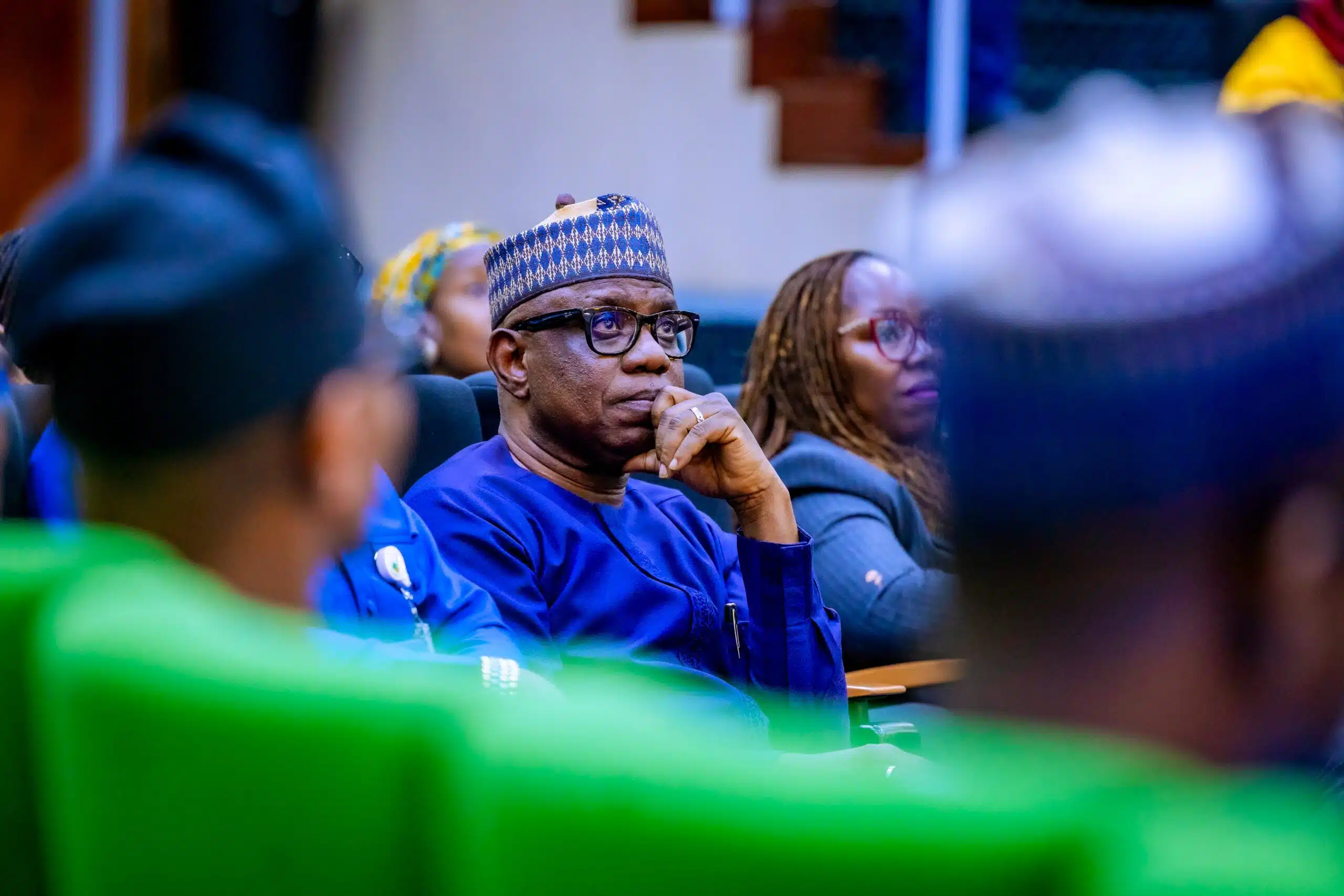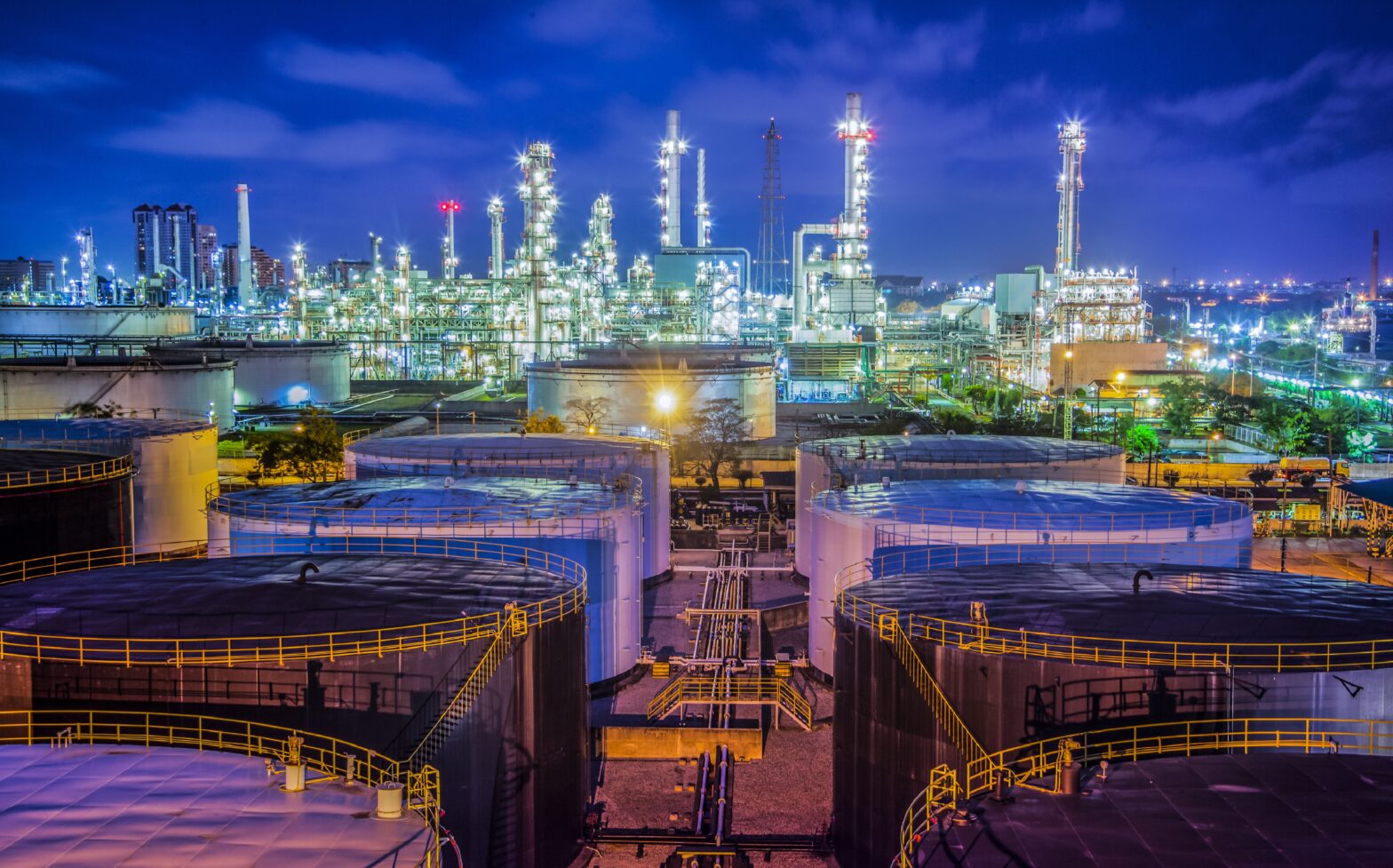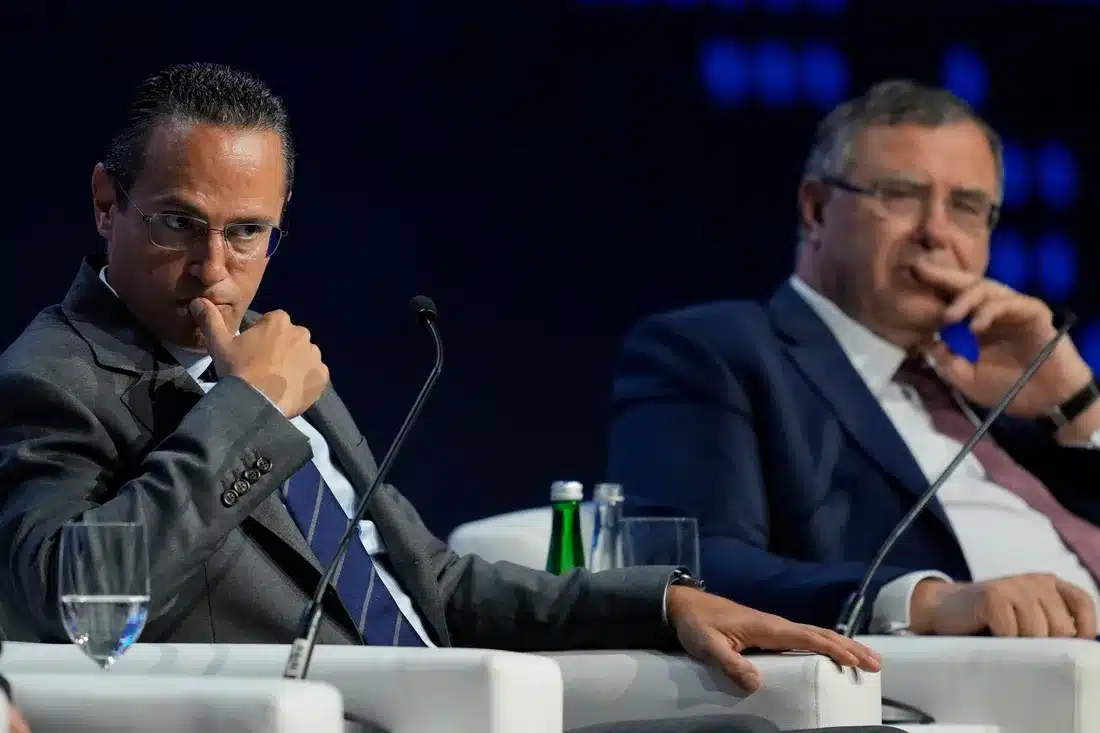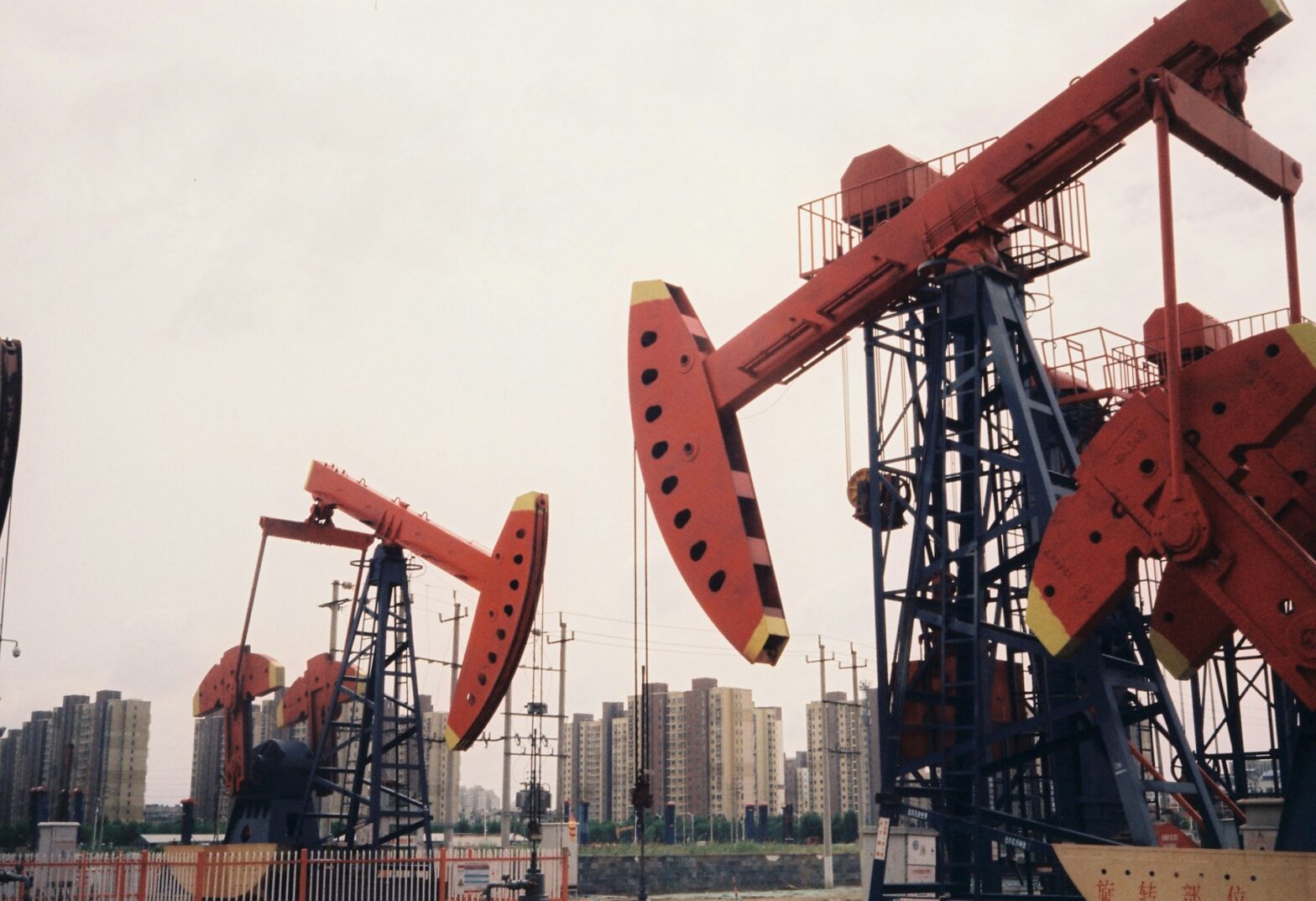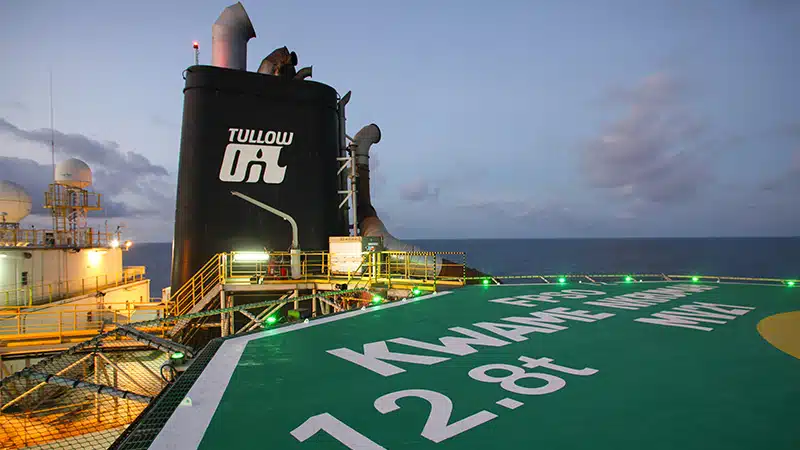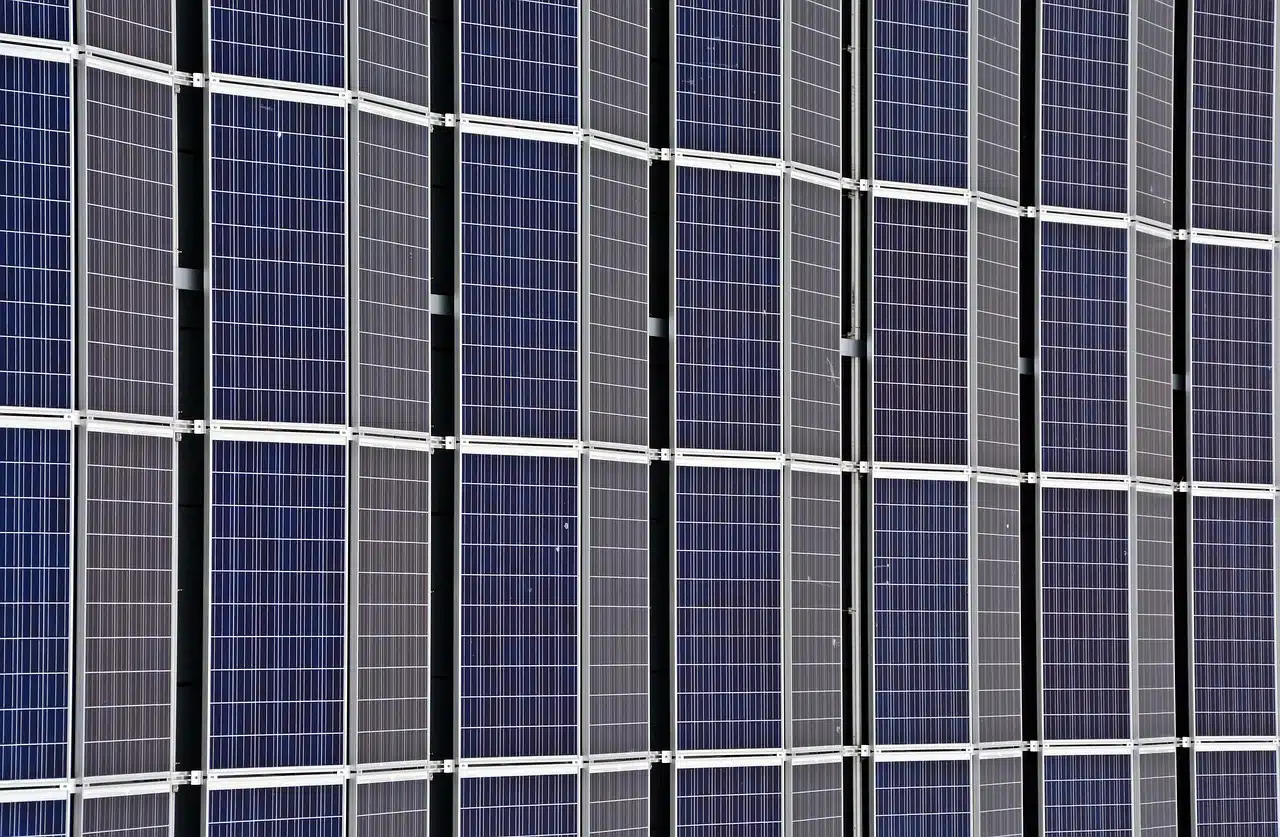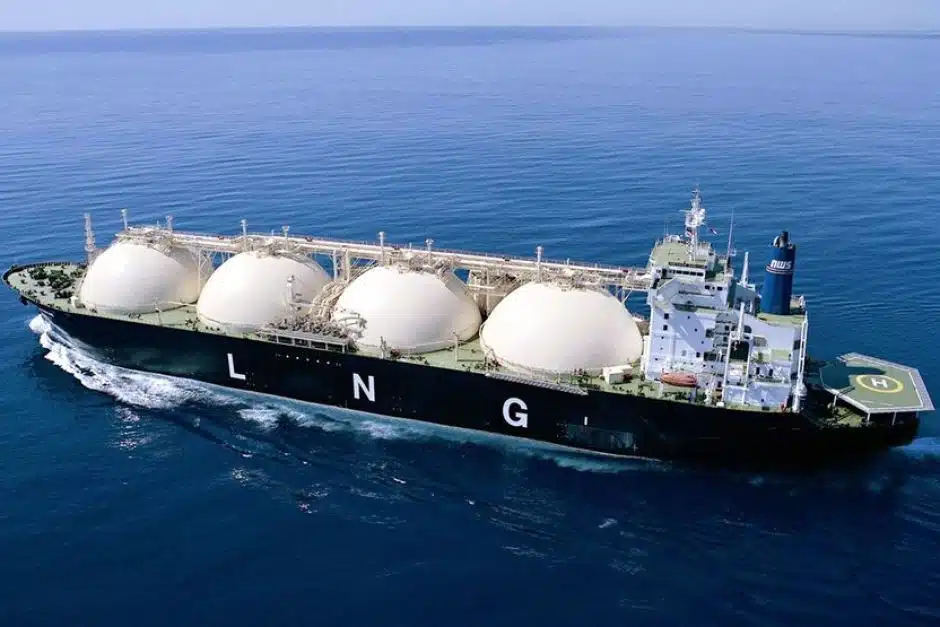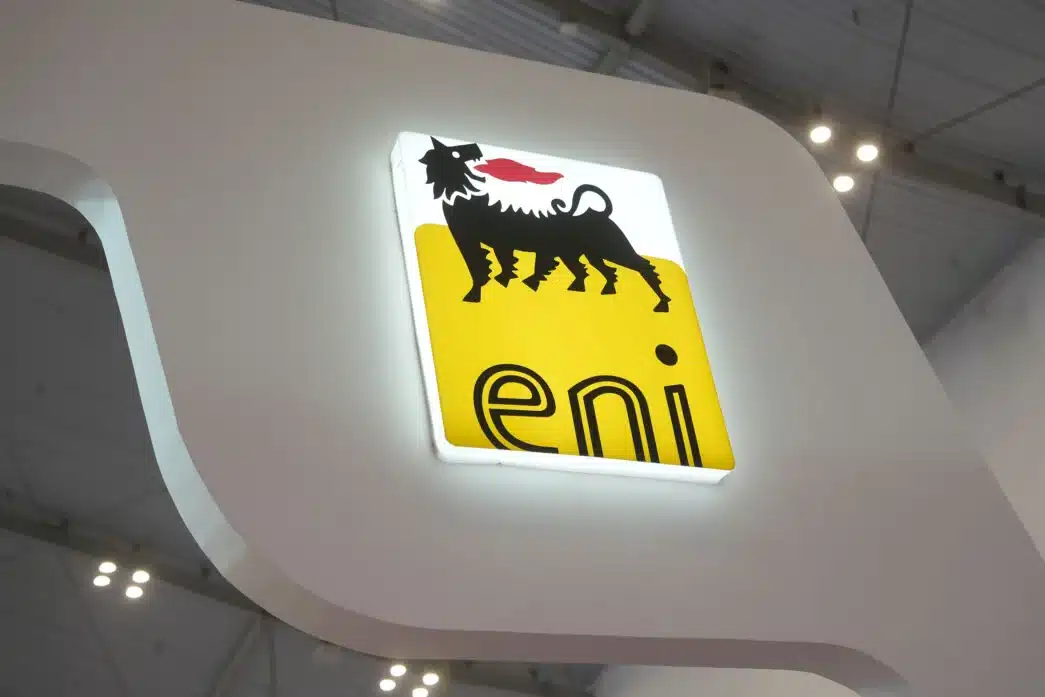The idea of drilling for oil and gas outside Nigeria’s traditional Niger Delta stronghold has always stirred mixed reactions—ranging from excitement to outright scepticism.
For many Nigerians, such announcements ignite hope.
They see the push to explore frontier basins as a long-overdue move to diversify the country’s oil landscape and unlock new revenue streams. To them, it’s not just about oil—it’s about regional inclusion, economic opportunity, and national pride.
However, others remain unconvinced.
Critics argue that these efforts often serve as a smokescreen for mismanaging public funds—channelling resources into oil exploration campaigns in regions where past geological assessments showed little commercial promise.
Environmentalists and climate advocates also raise red flags.
They fear a repeat of the ecological degradation and socioeconomic crisis still plaguing the Niger Delta today. For them, drilling in new areas risks replicating the same old mistakes.
Yet, the government’s stance has remained firm: exploration must continue in these frontier basins.
Energy companies believe that previous assessments may have underestimated the potential of these regions and that new technologies could unlock reserves once deemed unviable.
This latter view has necessitated a recent push by the Nigerian National Petroleum Company (NNPC), whose exploration campaigns in Northern Nigeria have already begun to yield promising results.
In an interview with BBC Hausa on Monday, the new Group CEO of NNPC, Bayo Ojulari, announced that oil drilling activities in the Kolmani Basin—located on the border of Bauchi and Gombe states—will resume in June, alongside work on the stalled AKK gas pipeline.
“NNPC will continue drilling in the Kolmani field and press forward with the construction of the Ajaokuta–Kaduna–Kano (AKK) gas pipeline,” Ojulari said. “Existing contractors will remain on the projects, and we are open to welcoming new partners.”
According to him, both projects are vital for revitalizing Nigeria’s economy and enhancing the socio-economic well-being of citizens across the country.
However, the announcement has reignited an old question in the minds of many Nigerians: At what cost will Northern oil come?
Is Northern Nigeria viable for commercial oil?
The search for oil in northern Nigeria began as far back as the 1970s but was abandoned due to a mix of political and logistical challenges.
However, a renewed push came in 2015 when former President Muhammadu Buhari directed the NNPC to intensify exploration activities in the Lake Chad Basin.
By 2019, the narrative began to shift with the announcement of commercial oil discoveries in the Kolmani River area—located on the boundary between Bauchi and Gombe states.
The find raised fresh optimism among geologists and policymakers that Northern Nigeria may indeed hold commercially viable hydrocarbon reserves.
Since the Kolmani breakthrough, other exploration efforts have followed across the northern region.
In 2023, for example, oil search activities resumed in Borno State with the Wadi-B exploration campaign, launched in the Tuba community of Jere Local Government Area.
This marked a significant return to the Chad Basin exploration, which had previously been halted due to the insurgency. Now, other states like Nasarawa and Niger are not only in the picture but in the news.
Despite these efforts, the Kolmani River field remains the first and only officially gazetted commercial hydrocarbon discovery in northern Nigeria to date—leaving the broader question of the region’s commercial viability still open to further exploration and investment.
The Kolmani river oil field
Located in the Upper Benue Trough within the Gongola Basin in northeastern Nigeria, the Kolmani River oil field is a subject of renewed upstream ambition beyond the traditional Niger Delta region.
Discovered in 1999, the field was initially abandoned after preliminary assessments suggested it lacked commercially viable hydrocarbon deposits.
The onshore resource sits within Oil Prospecting Licences (OPLs) 809 and 810.
However, the narrative shifted in October 2019 when the NNPC reignited exploration efforts and confirmed the presence of hydrocarbons.
By November 2022, NNPC announced the discovery of over 1 billion barrels of crude oil and 500 billion cubic feet of natural gas across the Kolmani area, which straddles Gombe and Bauchi states.
According to production forecasts, if oil extraction begins by 2025 with up to 50,000 barrels per day as planned, output is expected to peak by 2028 and then gradually decline until the field reaches its economic limit around 2060.
Under the current Production Sharing Contract (PSC), the field is operated by the New Nigeria Development Company (NNDC), with NNPC Exploration and Production Limited (NEPL) serving as a joint venture partner.
By 2022, NNPC revealed the project had already secured $3 billion in investment, notably from the AOML Consortium.
AOML has a partnership deal to provide both capital and technical expertise for the project, with the understanding that it will be compensated from oil profits once production begins.
Importantly, the Kolmani development is more than just an oilfield.
It is designed as an integrated energy project—featuring a refinery, a gas processing plant, a power station, and a fertilizer production facility.
Previous drilling attempts at Kolmani
This isn’t the first time the NNPC has announced plans to drill in the Kolmani River area—it’s likely the third time in six years, with the most recent being early 2023.
In November 2022, former President Muhammadu Buhari made a high-profile visit to flag off drilling activities at the Kolmani Integrated Development Project, following the announcement of commercial reserves.
The event was seen as a major achievement under his administration.
Before the visit, residents in Pindiga (Gombe) and Alkaleri (Bauchi) reported a steady movement of equipment and personnel to the site. But not long after the fanfare, the momentum stalled.
Locals say the next visible activity came just before the 2023 elections when the ruling party intensified its campaign. Since then, the same pathways used by those trucks have been overtaken by weeds, suggesting a seizure of activities.
Interest waned, and NNPC appeared to shift focus elsewhere.
Even private developers who had rushed to secure land for residential uses, hotels and malls quietly dumped their plans, as hope for quick commercial activity faded.
What are the local issues?
Since oil drilling commenced at the Kolmani field, both Gombe and Bauchi states have been vying for a share of the constitutionally mandated 13% oil derivation revenue, which compensates oil-producing states for relinquishing mineral rights and addressing environmental impacts.
Although no oil has been sold yet, both states are already demanding inclusion in the revenue-sharing framework.
With the Kolmani field straddling the border of the two states, the federal government has yet to clarify how proceeds will be distributed.
Security is another pressing concern. Kolmani sits on the border between Gombe and Bauchi States. Both are in the northeastern part of Nigeria, where insecurity is high.
Recent news reports show the region continues to face instability, with Boko Haram and ISWAP militants recently increasing attacks on military targets in nearby Borno State.
This raises doubts about the safety and sustainability of oil operations.
Energy security or another political exigency?
The decision to resume drilling at the Kolmani oil field has stirred mixed reactions across Nigeria.
While the federal government frames it as a step toward energy security and national development, many Nigerians remain sceptical.
Critics argue it’s just another political script aimed at sustaining public support as the next election approaches.
They question why, after decades of exploration, no foreign oil major has confirmed Kolmani’s commercial viability—if the reserves were truly significant, they say, international companies would have capitalized on them long ago.
Some also believe that the billions earmarked for frontier drilling would be better invested in solar energy, gas infrastructure, and irrigation projects—initiatives that directly address the region’s pressing development needs.
Others warn that the pursuit of oil in fragile regions could lure locals away from agriculture in search of jobs that they may never see, repeating the historical mistake that has turned Nigeria into a mono-economy.
Nigeria was once a diverse economy, thanks to the robust manufacturing and northern agriculture in the era prior to the oil boom.
But petrodollars began redirecting the economy in the 1970s, resulting in economic imbalance and widespread corruption that have continued to date.
Many fear Kolmani could become another misplaced national priority at a time when the world is moving away from fossil fuels.
Still, NNPC’s new Group CEO, Bayo Ojulari, is urging Nigerians to support the renewed push.
Appointed by President Bola Tinubu in a major leadership shakeup, Ojulari has been tasked with repositioning the state energy company for value creation.
His mandate includes raising Nigeria’s oil production to 2 million barrels per day and refining capacity to 200,000 barrels per day by 2027.
He’s also charged with helping grow the country’s proven reserves from 37 to 40 billion barrels by 2030, an ambitious target that was set by former CEO Mele Kyari.
Whether Kolmani marks a turning point or a rerun of past political theatrics remains to be seen.
But this time, the stakes are higher—and so are the expectations. Nigerians are watching keenly.

